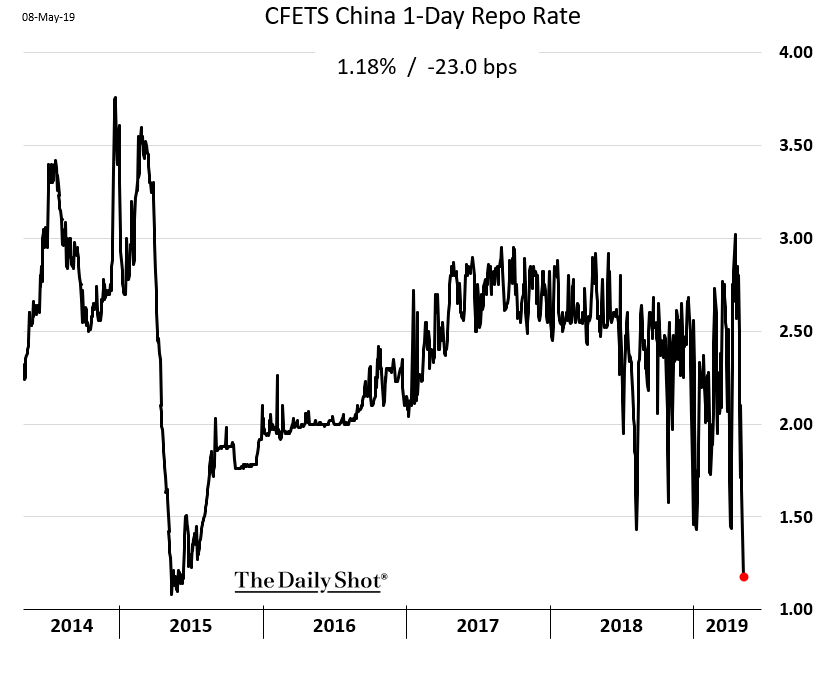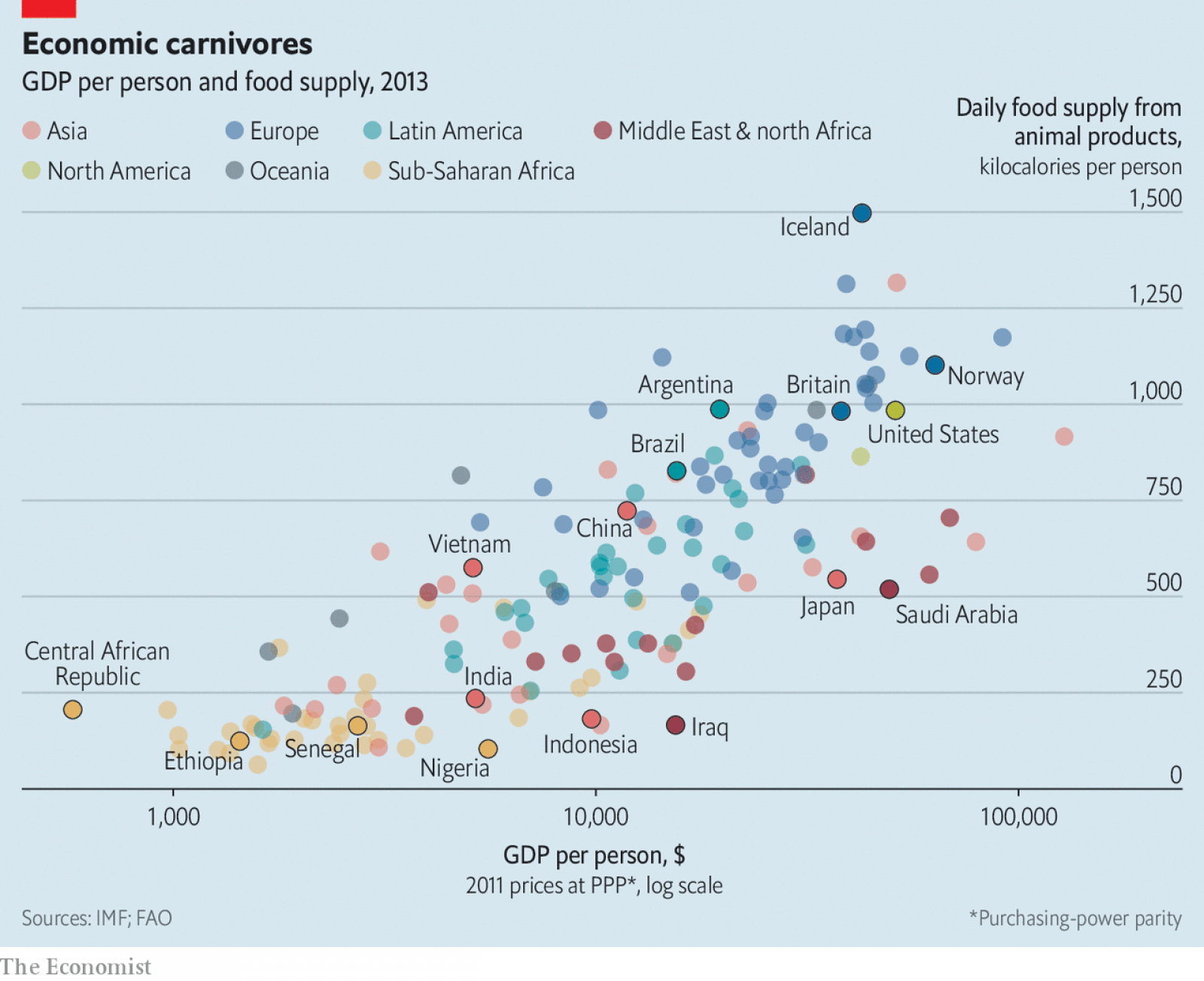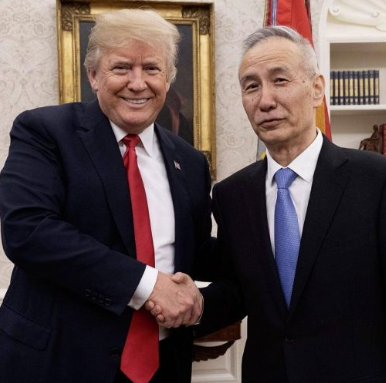The United States and China appeared at a deadlock over trade negotiations on Sunday as Washington demanded promises of concrete changes to Chinese law and Beijing said it would not swallow any “bitter fruit” that harmed its interests.
The trade war between the world’s top two economies escalated on Friday, with the United States hiking tariffs on $200 billion worth of Chinese goods after President Donald Trump said Beijing ‘broke the deal’ by reneging on earlier commitments made during months of negotiations.
White House economic adviser Larry Kudlow told Fox News on Sunday that the United States needs to see China agree to “very strong” enforcement provisions for an eventual deal and said the sticking point was Beijing’s reluctance to put agreed changes into law.
He vowed the tariffs would remain in place while negotiations continue.
Beijing remained defiant, however. “At no time will China forfeit the country’s respect, and no one should expect China to swallow bitter fruit that harms its core interests,” said a commentary, due for Monday publication, in the ruling Communist Party’s People’s Daily.
It said Beijing’s doors were open to talks but it would not yield on important issues of principle.
Kudlow said there was a “strong possibility” that Trump will meet with Chinese President Xi Jinping at a G20 summit in Japan in late June. Until last week, there were expectations Trump and Xi would sign a trade deal at the summit. (more…)







